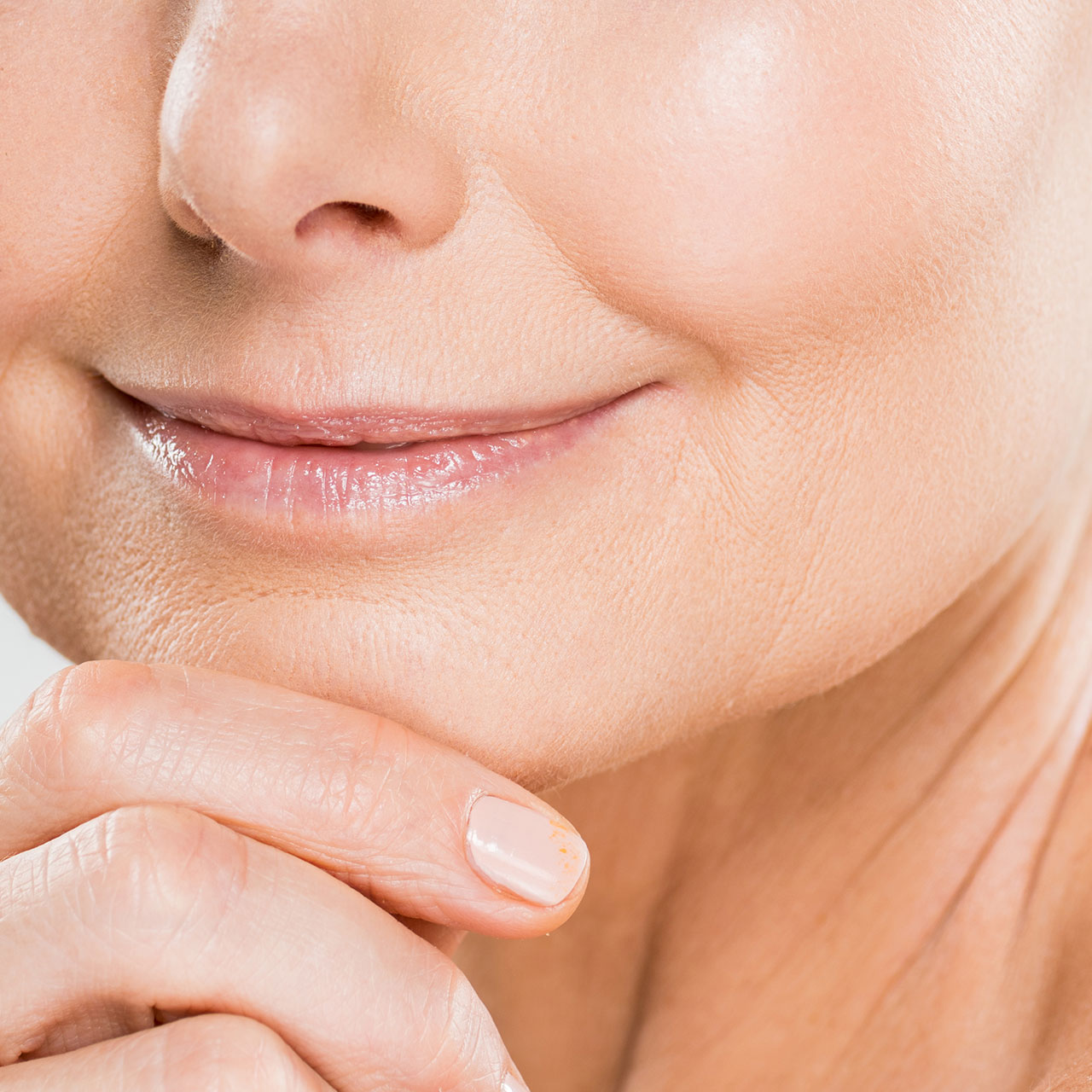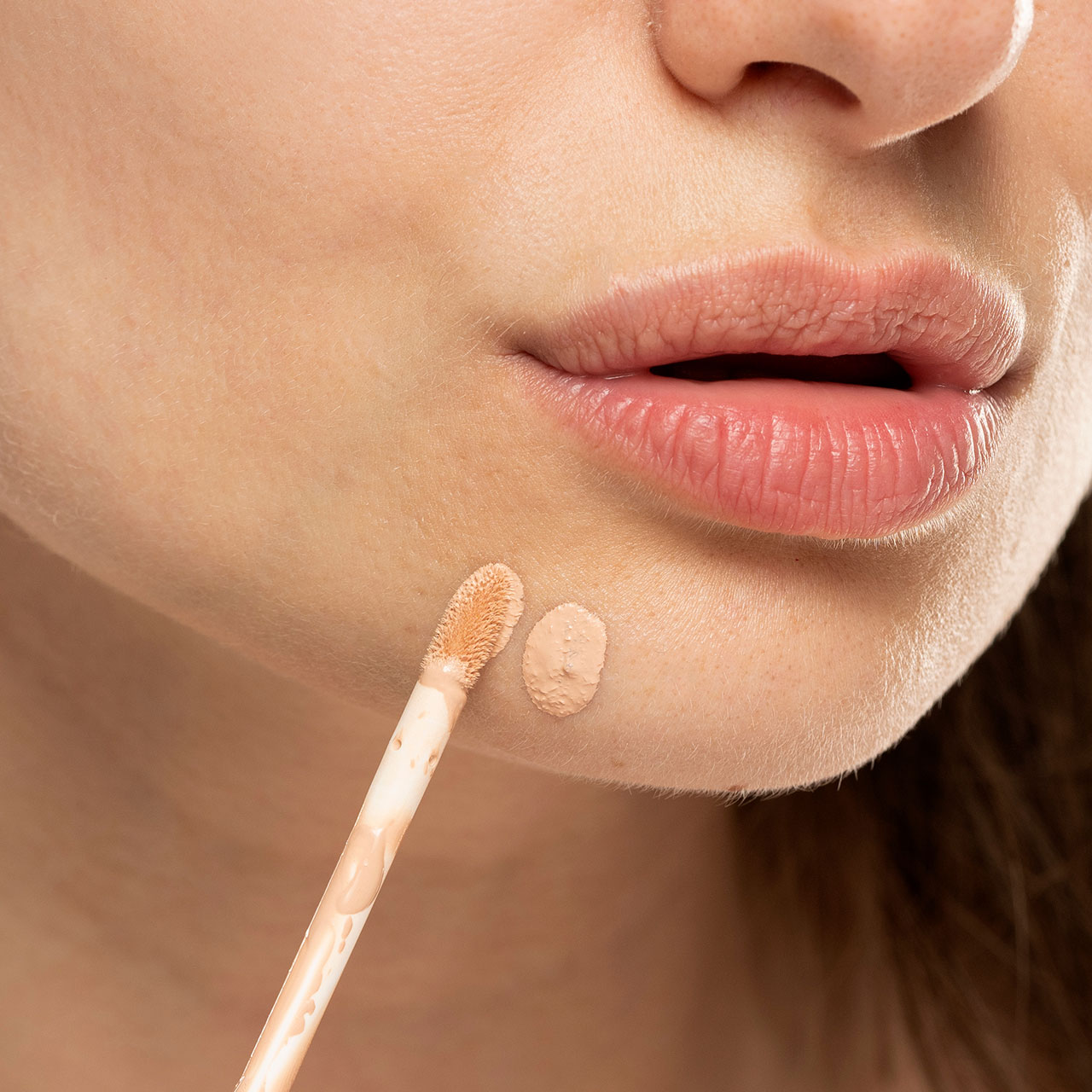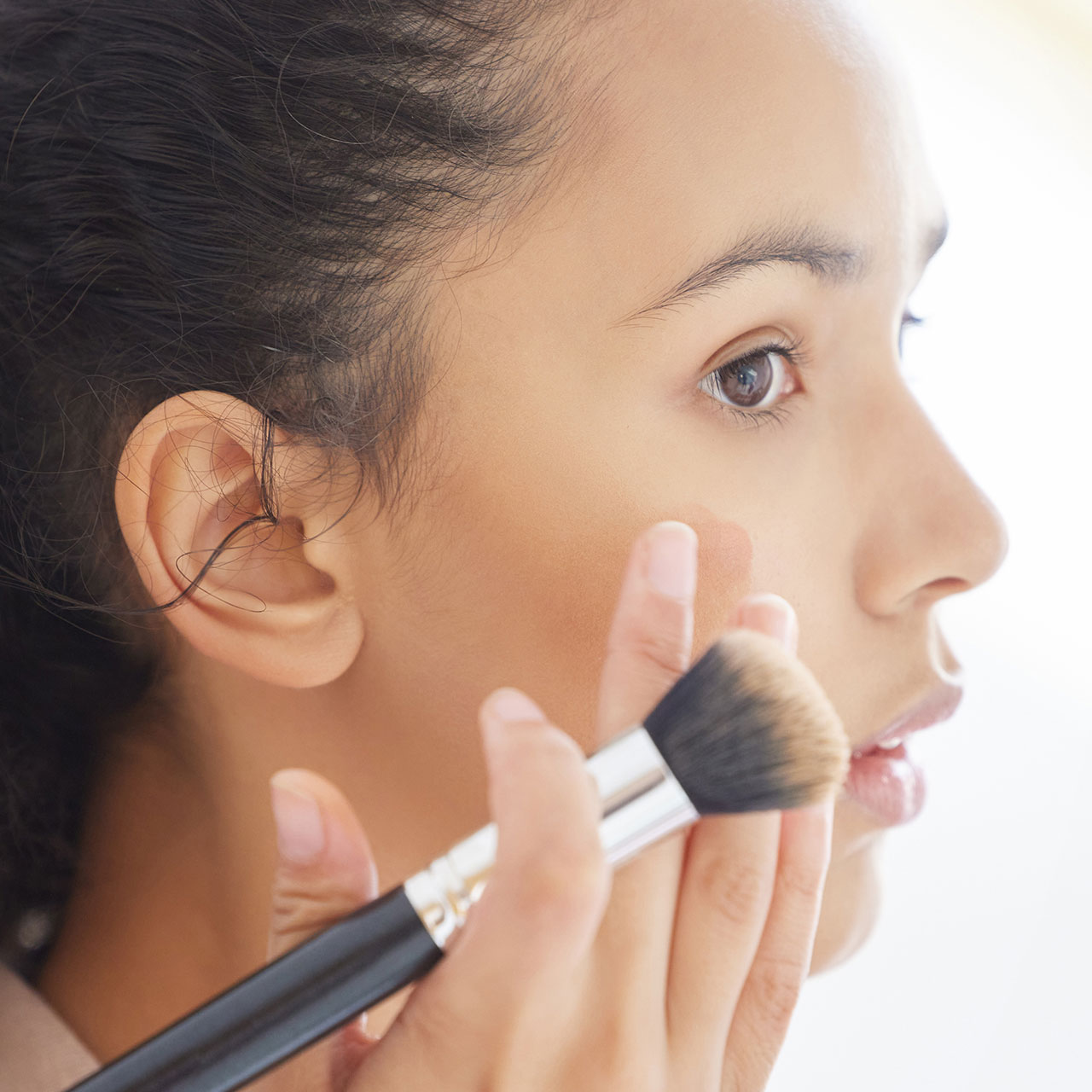Your skin is a window to your overall physical health—when something is off on the inside, it can reflect on the outside. Because of this, it can feel like a hopeless process trying to heal skin issues. One very common skin condition that many struggle to manage is rosacea. Although it’s generally harmless, it can be frustrating and hurt your confidence. One route to go when trying to heal your skin is through looking closely at your diet. We asked Dr. Anar Mikailov, MD, FAAD, a board-certified dermatologist and founder of KP Away, what exactly rosacea is and how your diet could be making it worse.


First of all, what is rosacea and why does it occur? While we commonly associate rosacea as simply being excess redness mostly found on the cheeks, there are different types, all causing their own symptoms. These types are: erythematotelangiectatic (redness, flushing, visible blood vessels), papulopustular (swelling, acne-like breakouts, and redness), phymatous (thickened skin with bumpy texture), and ocular (red and irritated eyes). “It mostly affects the center of the face and eyes, but it can also affect the neck, ears, scalp, and chest. Rosacea is chronic, but the symptoms are treatable. If left untreated, the skin can thicken and enlarge, resulting in firm, red bumps on the nose and permanent redness on their face.” Dr. Mikailov says.
While there isn’t too much known about what causes rosacea, doctors do know that it is an inflammatory condition. “There is [also] a genetic component to rosacea as it tends to run in families. However, environmental factors may also play a role, like the skin’s reaction to mites and bacteria on the skin, abnormal immune response, and a blood vessel disorder.” Dr. Mikailov adds. He also notes that symptoms can be triggered by outside factors. These include: UV exposure, heat, exercise, alcohol, stress, some medications, and irritation from topical skincare products and treatments like strong exfoliating peels.

Besides these, spicy food is one potential dietary trigger that can make your rosacea worse. “Since there is a blood vessel component to rosacea, foods that are vasodilators, [like] spicy food, can trigger rosacea flare ups.” Dr. Mikailov says. While everyone’s unique triggers vary from person to person, one way you can track your own is to cut out spicy foods, or heavily reduce them in your diet, and see if you notice a change in symptoms. This includes things like hot sauces or anything cooked in spicy seasonings.
When it comes to the treatment of rosacea, Dr. Mikailov says it is largely dependent on your symptoms. “Lifestyle changes like avoiding food triggers, stress, and extreme weather, and staying cool while exercising can help prevent flare ups. At home, opt for skincare for gentle skin—avoid harsh exfoliating acids, irritating retinoids, tools, scrubs, and fragrances.” You should also make sure to always wear SPF, because UV exposure has been shown to worsen rosacea in some people. “Each patient's rosacea is different, so it’s important to see a dermatologist to create a treatment plan that can help manage symptoms before rosacea escalates to thickened skin and permanent redness.”


























